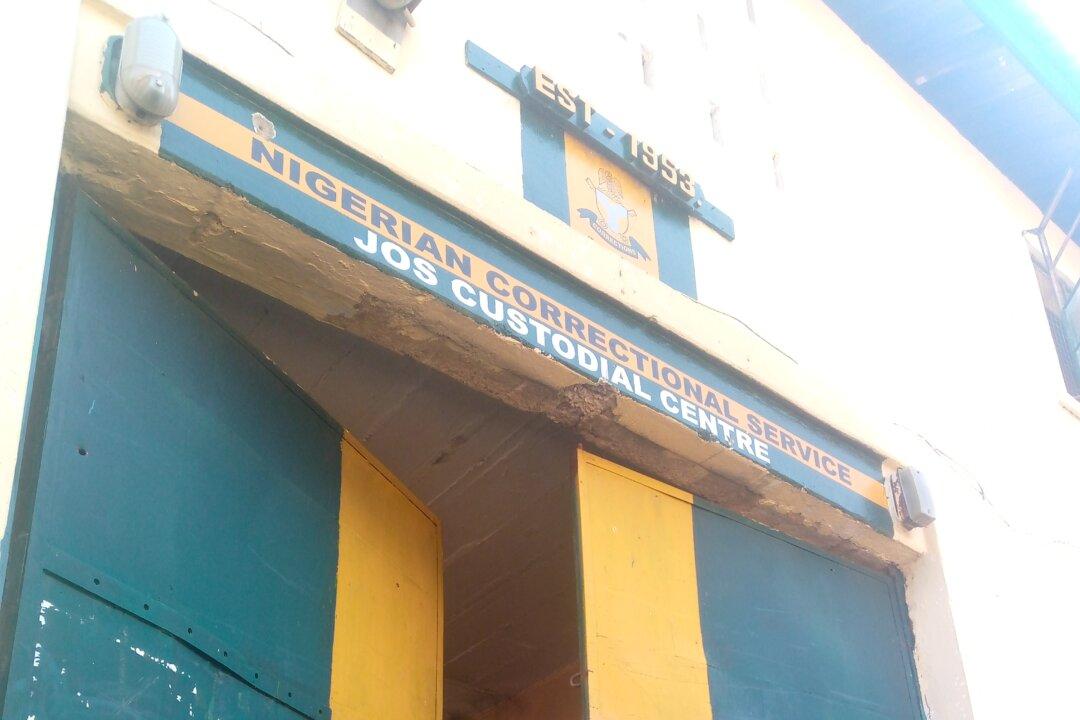JOS, Nigeria—A spectacular prison break on Nov. 28 in Jos, Nigeria, has embarrassed authorities and sparked fears of a terrorist crime spree in Africa’s most populous nation.
At least 260 inmates escaped after a black-clad, six-man team dropped from a speeding van at 5:20 p.m. and blasted through a gate lock with bullets and overpowered guards, according to a prison staff member who requested anonymity.





